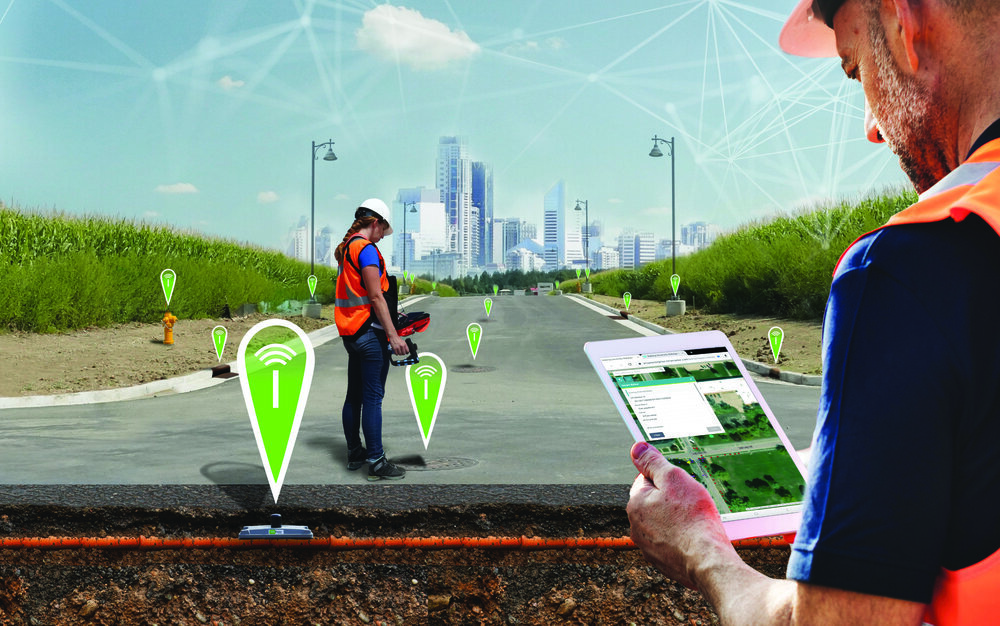
News and Events
Archive
- March 2025
- February 2025
- January 2025
- December 2024
- November 2024
- September 2024
- August 2024
- July 2024
- June 2024
- May 2024
- April 2024
- March 2024
- February 2024
- January 2024
- December 2023
- November 2023
- October 2023
- September 2023
- August 2023
- July 2023
- June 2023
- May 2023
- April 2023
- March 2023
- February 2023
- January 2023
- December 2022
- October 2022
- August 2022
- July 2022
- June 2022
- May 2022
- April 2022
- March 2022
- February 2022
- January 2022
- December 2021
- November 2021
- October 2021
- September 2021
- August 2021
- July 2021
- June 2021
- May 2021
- April 2021
- March 2021
- February 2021
- January 2021
- December 2020
- November 2020
- October 2020
- September 2020
- August 2020
- July 2020
- June 2020
- May 2020
- April 2020
- March 2020
- February 2020
- January 2020
- December 2019
- November 2019
- October 2018
RFID Helps Manage Data Centers
The growing demand for cloud computing, along with surging use of Artificial Intelligence (AI) and the Internet of Things (IoT) is driving investment in data centers – the facilities that house and operate the servers, storage devices and networking equipment that make powerful computing possible.
The Complex Simplicity of Tech Trends in 2025
As we step into 2025, the drive for simplicity, efficiency, and connectivity is reshaping the technological landscape. Three major trends—Artificial Intelligence (AI), Geographic Information Systems (GIS), and Radio Frequency Identification (RFID)—are converging to create a connected world where innovation drives smarter, faster and more intuitive solutions.
Public Works - key to civilization
What does the term “Public Works” mean? It’s one of those terms that are so broad that it almost defies definition.
The American Public Works Association (APWA) says “Because of the multi-faceted, ever-evolving nature of public works, we may never arrive at a final definition but, for now, the following definition seems appropriate: Public works is the combination of physical assets, management practices, policies, and personnel necessary for government to provide and sustain structures and services essential to the welfare and acceptable quality of life for its citizens.”
RFID + GIS = SUE Enhancement
Subsurface Utility Engineering (SUE) that leverages Geographic Information Systems (GIS) and Radio Frequency Identification (RFID) deliver substantial benefits in the management and protection of underground assets.
RFID - technology that keeps on giving
We’ve all heard of RFID, a technology that’s been around since the 1930s. Did you know that it’s now one of the fastest-growing technologies in the world?
Breaking News at the CGA Expo
April is Safe Digging Month ‒ for good reason. As the construction season ramps up, the number of utility strikes increases. According to the Common Ground Alliance (CGA), damages to underground utilities cost the U.S. an estimated $30 billion ‒ most caused by unintended strikes to utilities during excavation for construction projects. Unfortunately, few people are aware of this on-going problem until they lose power or internet when a backhoe strikes a cable – or when a gas line is struck, and the area is evacuated.
Exciting trends point to a great 2023
Money, Money, Money
Infrastructure is no longer an ignored necessity in the United States. Thanks to the Bipartisan Infrastructure Law signed in 2021, our country is making a once-in-a-lifetime investment in its economic backbone to the tune of $1.2 trillion over five years. In 2022, 6,900 specific projects have been launched in 4,000 communities in all 50 states.
National 811 Day - little known but important!
It’s National 811 Day – a very important, but little-known commemoration. Anyone who is planning to disturb the ground should call this number before digging or excavating – or go to call811.com and connect online. Once you provide the area of excavation, locators will come out and mark the location of buried gas pipes, water lines, power cables and other underground utilities.
Marking and Mapping - Two-factor Verification for Underground Locating
It’s spring and construction is booming . . . hopefully with fewer actual “booms”, caused by utility strikes. Safe digging is something that’s near and dear to surveyors and any profession that involves excavation. As I mentioned in my last blog, preventable utility strikes cost at least $60 billion annually, not to mention the loss of life and life-altering injuries that can occur.
Blossoming Blooms
Harmful algae blooms (HABs) are occurring more and more frequently in lakes, rivers, streams and coastal areas across the United States. Further, HABs are occurring where they were never found in the past. View a map from the Natural Resources Defense Council that tracks HABs across the United States.
Today is GIS Day!
Most people don’t really think about how geographic information provides the framework for our entire existence. We exist as living organisms in time and space. Our minds may be occupied with far-way thoughts, but our memories are inextricably tied to the place where they were created. As long as we live and breathe, we always have a location. Shakespeare’s Hamlet said “To be or not to be, that is the question.” Surveyors say, “To be is to occupy a position relative to two axes.”
Emily Pierce Joins Berntsen as Business Development Manager
Berntsen International, Inc., is pleased to announce that Emily Pierce, former president of the Wisconsin Society of Land Surveyors, is Berntsen’s new Business Development Manager. With decades of experience as a surveyor and leader, Emily brings in-depth knowledge of the art of surveying; her on-going contributions to the profession of surveying are welcomed and supported by Berntsen.
The Crucial First Step in Fixing America's Aging Underground Utility Infrastructure
Over the next 20 years, upgrades to the nation’s water system alone are expected to cost three to five trillion dollars. Yet appropriations to replace critical infrastructure continually fall short. Municipalities and utility companies are under enormous pressure to make existing assets more efficient.
Surveying the future with RFID
Next, we deploy our drone outfitted with GNSS, a magnetic locator and RFID transceiver to hover over each monument coordinates to confirm the existing monuments and search for any missing monuments.
Disasters Underscore Critical Need for Connected Utility Infrastructure
On Sept. 14, 2018, Hurricane Florence slammed into the Carolinas, bringing with her powerful winds, torrential rains and the potential to wreak catastrophic destruction. Though Florence was downgraded to a Category 1 storm as it moved over land, its high winds and rain toppled trees, triggered massive flooding and caused power transformers to explode like fireworks, leaving hundreds of thousands of people without power. More than 40 people have died as a result of the storm and flooding.















